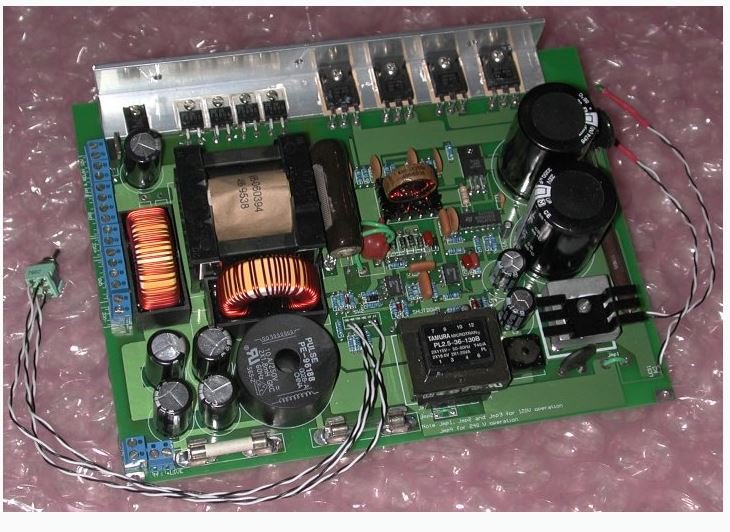Load Cell: What Is It And What Are Its Applications?

Overview
A load cell is a transducer that is used to convert a mechanical force into an electrical signal. This article will explain what a load cell is, its various applications, and how it works.
What is a load cell?
A load cell is a transducer that is used to convert a force or weight into an electrical signal. It is a component of a weighing system and is often used in precision applications. Load cells are made up of strain gauges that are glued to a metal frame. When a force is applied, it causes the metal frame to deform, which in turn causes the strain gauges to deform. This change in resistance as a function of strain is what converts the force into an electrical signal.
How do load cells work?
Load cells are devices used to measure force or weight. They work by converting the force or weight applied to them into an electrical signal. This signal can then be used to calculate the force or weight applied. There are many different types of load cells, each with its own set of applications. Some common applications include measuring the weight of an object, measuring the force applied in a manufacturing process, and measuring the force exerted by a person or object.

What are the different types of load cells?
There are a few different types of load cells, but the two most common ones are strain gauge and hydraulic. Each type has its own set of benefits and drawbacks, so it’s important to understand the difference before you decide which one is right for you. Strain gauge load cells are typically cheaper and more sensitive, while hydraulic load cells are more durable and accurate.
What are some common applications for load cells?
Load cells have a variety of applications, the most common of which are in weighing devices and force measurements. Other applications include medical equipment, robotics, hydraulics and pneumatics. They’re also used in quality control to determine the breaking strength of materials and to detect flaws in products. In the manufacturing industry, load cells are used extensively in process automation and control.
How to choose the right load cell?
When it comes to choosing the right load cell, it’s important to consider the range of weight it needs to measure, the environment it will be used in and the accuracy required. You’ll also need to decide if you need a single-point or multi-point load cell. For high accuracy measurements, you’ll need a multi-point load cell. Environment is also a consideration—for example, if you need a load cell that can withstand moisture or extreme temperatures, you’ll need to choose one that’s built for those conditions.
Conclusion:
Load cells are a type of transducer that convert a mechanical force into an electrical signal. They are used in a variety of applications, including weighing scales, pressure measurement, and force measurement. There are many different types of load cells available, so it is important to choose the one that is best suited for the application.
Related Posts

6 Reasons Why Argyle Pink Diamond Rings are Timeless

SMPS Solutions: How to Select the Ideal Supplier for Your Power Needs

